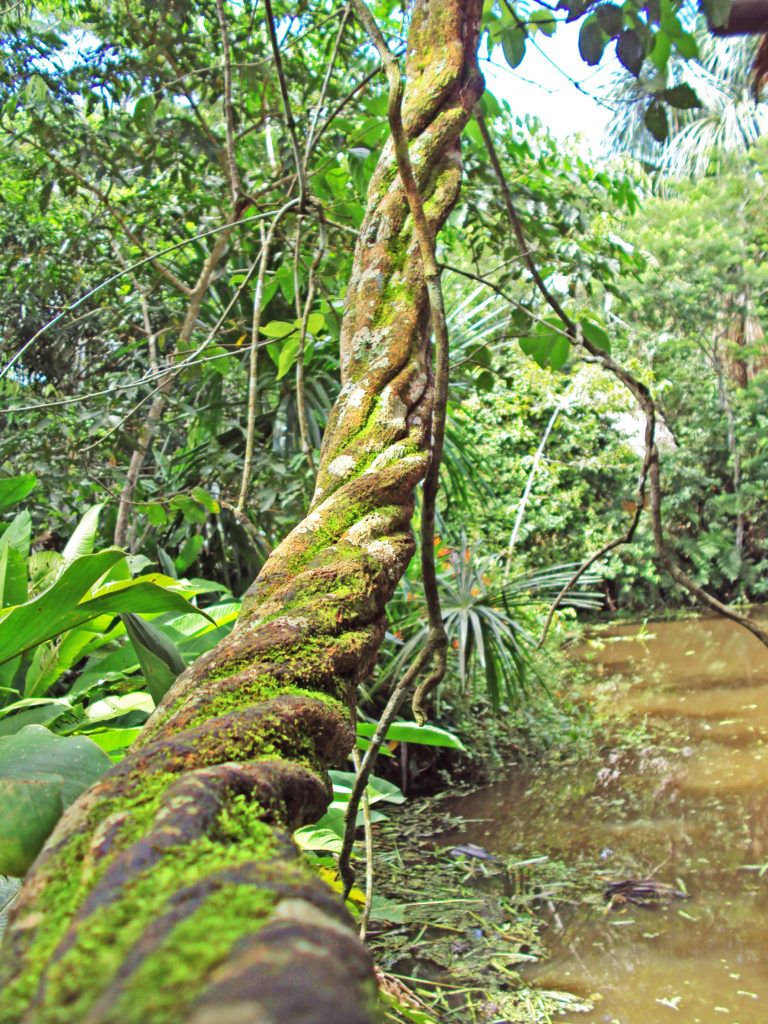
What’s the Buzz About Ayahuasca? Everything You Need to Know!
You’ve probably heard whispers about Ayahuasca, the mysterious brew with hallucinogenic properties, making waves across the world. Curious to dive deep into what Ayahuasca really is, its effects, benefits, and potential risks? You’re in the right place!

What is Ayahuasca?
Ayahuasca, also known as “the tea,” “the vine,” or “la purga,” is a traditional brew made from the leaves of the Psychotria viridis shrub and the stalks of the Banisteriopsis caapi vine. Historically, it was used by Amazonian tribes for spiritual and religious purposes. Today, it’s still regarded as sacred in some Brazilian and North American religious communities, including the Santo Daime.

The Magical Ingredients
The key ingredients in Ayahuasca are:
- Psychotria viridis: Contains N,N-dimethyltryptamine (DMT), a powerful psychedelic.
- Banisteriopsis caapi: Contains MAO inhibitors (MAOIs) called β-carbolines, which allow DMT to be orally active.
What Happens During an Ayahuasca Ceremony?
Before diving into the mystical journey of Ayahuasca, it’s essential to understand the setting. These ceremonies, often supervised by experienced shamans, typically occur at night and can last until the effects of Ayahuasca wear off. The shaman prepares and blesses the space, offering Ayahuasca in doses to participants.
The effects usually kick in within 20 to 60 minutes and can last for 2 to 6 hours. Participants might experience:
- Vomiting and diarrhea (often considered part of the cleansing process)
- Feelings of euphoria
- Strong visual and auditory hallucinations
- Mind-altering psychedelic effects
- Fear and paranoia

Potential Benefits of Ayahuasca
Many people claim life-altering, positive changes after an Ayahuasca experience. Here’s a look at some potential benefits:
1. Brain Health
The active ingredients in Ayahuasca, DMT, and β-carbolines, may have neuroprotective and memory-boosting qualities. Studies suggest harmine (a β-carboline) can stimulate the growth of new neural cells.
2. Psychological Well-being
Studies have shown that Ayahuasca can increase mindfulness and decrease anxiety, depression, and stress. Some research even suggests it may be as effective as traditional mindfulness programs.
3. Mental Health Conditions
Research has indicated that Ayahuasca might help those battling depression, PTSD, and substance use disorders. For example, a study found significant improvements in depression severity for participants after a single Ayahuasca dose compared to a placebo.

Considerations and Potential Risks
Despite the potential benefits, it’s crucial to be aware of the risks associated with Ayahuasca:
Side Effects
- Vomiting
- Diarrhea
- Paranoia
- Panic
Dangerous Interactions
Ayahuasca can dangerously interact with several medications, including antidepressants, psychiatric medications, and drugs for Parkinson’s disease.
Psychiatric Risks
People with a history of psychiatric disorders should avoid Ayahuasca, as it could worsen symptoms or trigger manic episodes.
Cardiac Issues
Ayahuasca can increase heart rate and blood pressure, which may pose risks for those with heart conditions.
Lack of Oversight
Participating in Ayahuasca ceremonies means placing your trust in the shaman, who determines the ingredients and dosing. There have been reports of untrained individuals conducting unsafe ceremonies.
Final Thoughts
Ayahuasca offers a unique, potentially life-changing experience, but it’s not without its risks. If you’re considering an Ayahuasca journey, thorough research and cautious planning are essential.
Still curious about Ayahuasca? Dive deeper into its history and effects with Healthline’s detailed article on Ayahuasca.
Ready for an adventure? Or maybe you’ll pass on this mystical brew? Let us know in the comments below!

Mason Caldwell is a financial expert and writer who specializes in topics related to taxation, personal finance, and economic analysis. With extensive experience in the financial industry, Mason has contributed to numerous financial publications, sharing insights that help individuals and businesses make smarter financial decisions. Known for his ability to simplify complex financial topics, Mason’s articles are both informative and accessible to a wide audience. When he’s not writing, Mason enjoys hiking, reading historical novels, and exploring new technologies in finance.






